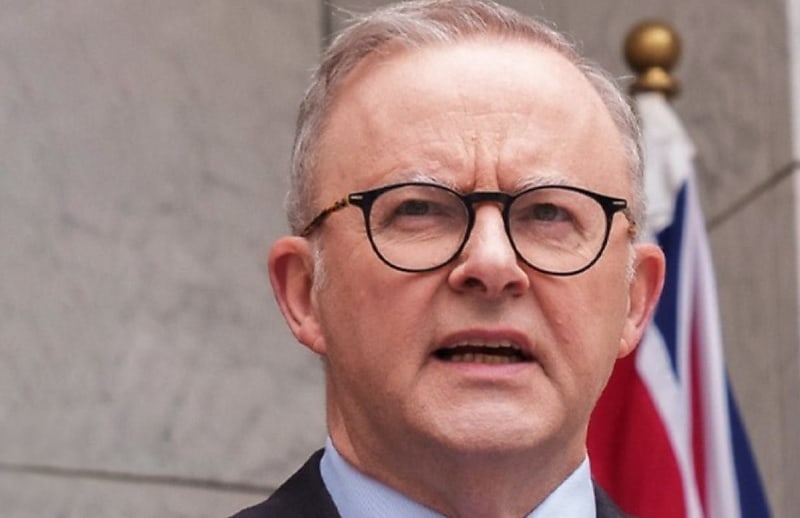Labor resists pressure to scrap negative gearing
TaxThere are “no plans” to change the discount because it would fail to fix the housing supply issue, Prime Minister Anthony Albanese has said.

Prime Minister Albanese has insisted negative gearing and capital gains tax are not on the government’s reform agenda amid heightened media speculation and political pressure.
On Wednesday, The Sydney Morning Herald and The Age reported that Treasury was looking into the effects of winding back tax write-offs and concessions for property investors at the government’s request.
It sparked speculations the government had given in to political pressure, led by the Greens and Senate crossbenchers, but in media interviews on Thursday, Prime Minister Albanese denied there had been any change.
“We have no plans to change negative gearing,” he said on Channel Nine’s Today program.
When asked on ABC TV whether he was considering taking negative gearing reform and capital gains tax reform to the next election, Albanese said: “No, we’re not. What we’re doing is planning for our Homes for Australia policy. That’s the policy that we have.
“The issue of negative gearing is one of supply,” he said.
“The figures and research that has been produced by organisations like the Property Council indicate that it would reduce supply and therefore not contribute to solving the issue.”
Currently, investors can reduce their tax bill by operating their property at a loss and claiming deductions. They can also be eligible for a 50 per cent capital gains discount when they sell the property.
The Greens have been calling for an overhaul of the regime for successive election cycles, securing a two-month delay on the government’s Help to Buy bill in the Senate last week.
They believe the shared equity scheme will drive up house prices and that reforms to negative gearing and CGT discounts would be a more effective solution.
“These unfair tax handouts are driving the rental and housing crisis,” Greens leader Adam Bandt said.
“They help wealthy property investors buying their seventh property and hurt renters trying to buy their first home.”
“Changing these unfair tax handouts is the kind of reform that could start to fix the housing crisis and see Labor’s weak housing legislation pass the Senate.”
A number of Labor MPs in marginal seats or those under threat from Greens challenges have also called for a re-examination of negative gearing and capital gains tax in response to the housing crisis, according to The Guardian.
Ahead of May's federal budget, Senate crossbenchers David Pocock and Jacqui Lambie called on the government to “pull every lever” to address the housing crisis after commissioning modelling that predicted reforms to CGT and negative gearing could save billions.
According to the Parliamentary Budget Office (PBO), an outright ban of negative gearing, and grandfathering the 50 per cent CGT discount could save $60 billion in the decade to 2033–34.
CPA Australia said any modelling on the issue should “not only consider the revenue implications, but also needs to model the subsequent secondary impacts” to supply and rental prices.
“If investors are discouraged from investing in property, who will pay for the supply of new housing? We must consider the implications it will have on the price of rental properties,” tax lead Jenny Wong said.
She said negative gearing was a “deliberate” design feature of the tax system and that any reforms would need to be considered as part of broader holistic reform.
“Businesses can access negative gearing for their business, as can investors in other assets – but property investors are always singled out,” she said.
“The core problems impacting the housing crisis in Australia are the supply-side constraints and construction cost pressures, rather than the means by which some people fund their investments.”




